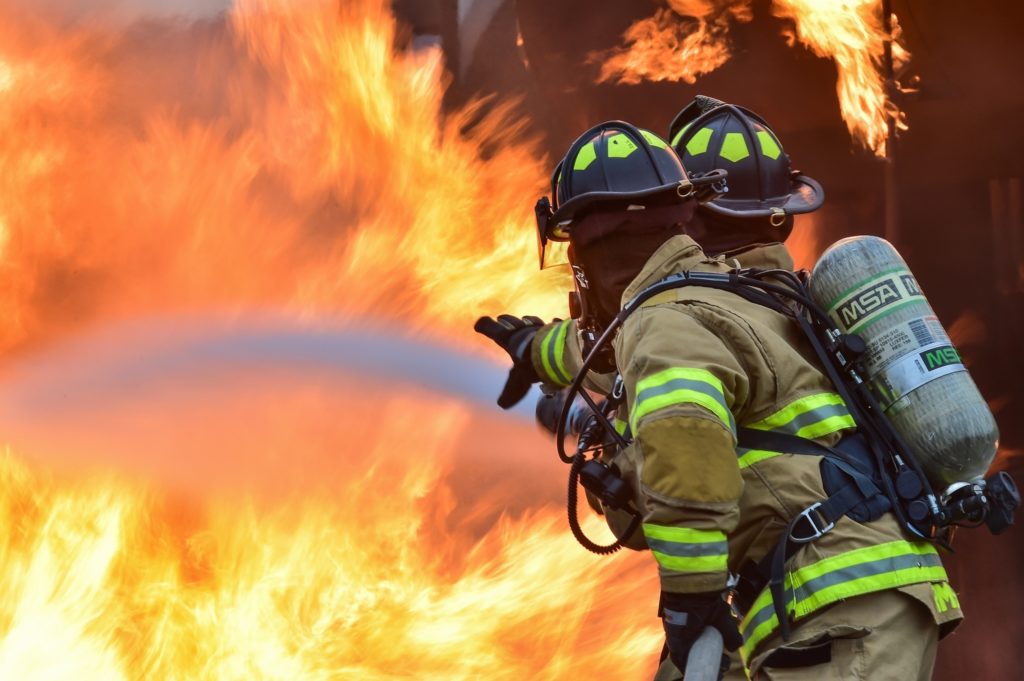In a strong showing of support to ban toxic PFAS chemicals from our consumer products, the Senate Health and Welfare Committee unanimously voted S.295— an act relating to perfluoroalkyl and polyfluoroalkyl substances—out of committee Friday, March 13th. This move comes after several weeks of testimony taken by the committee, including supportive testimony by Conservation Law Foundation, the Professional Firefighters of Vermont, Seventh Generation, Vermont Conservation Voters, Casella Waste Systems, the Environmental Health Strategy Center, and VPIRG.
The bill would ban PFAS from many of the products through which we are commonly exposed, including firefighting foam, food packaging, and rugs & carpets. Additionally, S.295 adds the PFAS class —which now includes up to 7,200 chemicals— to the Chemicals of High Concern in Children’s Products in order to ensure we protect children from these harmful chemicals, and to prevent regulating them on a one-by-one basis. The bill takes further steps to ban phthalates from food packaging and allows the Department of Health to do an alternatives assessment and then ban bisphenols from food packaging.
Several crucial, VPIRG-supported amendments were made to the bill in committee, including the removal of exemptions for oil refineries and chemical plants using firefighting foam. The bill was also amended to allow PFAS in food packaging to be banned without first going through the Department of Health in what would be a long, unnecessary bureaucratic process.
Vermont would be the first state to ban PFAS from rugs and carpets, and only the second state behind Washington to ban PFAS from both firefighting foam and food packaging. That being said, the statewide and market momentum to move away from these products is well-underway.
Both California and Washington have determined PFAS in carpets and carpet treatment as top priorities for regulation through their Agencies. Washington and Maine banned PFAS from food packaging in 2018 and 2019, respectively, and Washington, New Hampshire, Colorado, and New York have all banned the PFAS-containing foam. Thirteen states have introduced similar firefighting-foam policies.
The private sector has also been taking steps in response to consumer concerns about PFAS chemicals. Panera Bread, Taco Bell, Trader Joes, and Whole Foods have committed to supplying food packaging that does not contain PFAS, and Lowe’s and Home Depot have banned PFAS from their rugs and carpets. Alternatives in each of these product categories are well-established, widely available, and cost-competitive.
S.295 is a strong, precedent-setting bill that offers a clear model for other states hoping to protect people from PFAS exposure and contamination of our drinking water, environment, and bodies.
Although the future of the legislative session is unclear due to concerns around COVID-19, we expect S.295 to be widely supported on the Senate floor and in the House. We will be posting updates here, so stay tuned!

